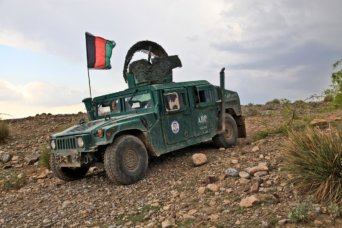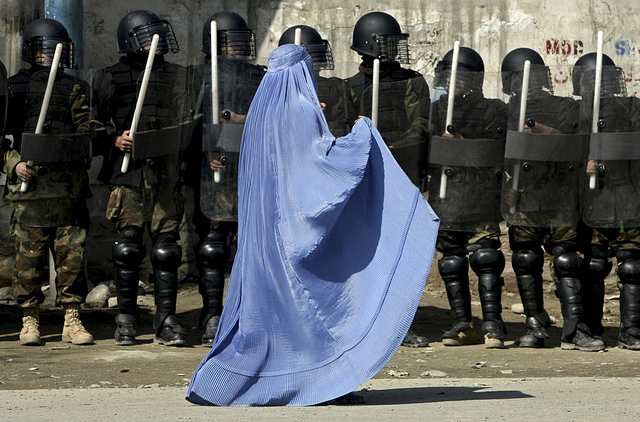- About
- Topics
- Picks
- Audio
- Story
- In-Depth
- Opinion
- News
- Donate
-
Signup for our newsletterOur Editors' Best Picks.Send
Read, Debate: Engage.
| topic: | Democracy |
|---|---|
| located: | Afghanistan |
| editor: | Shadi Khan Saif |
The hard-earned press freedom in Afghanistan, with all its limitations, is unmatched at least at the regional level where brutal dictatorships, a theological regime and deep state forces by the armed forces are dominant.
Preserving and nurturing press freedom further for the protection of basic human rights in the war-ravaged country has been a daunting task. And as the country passes through yet another decisive phase of transition in its troubled recent history, it is proving to be even harder.
Last week reminded us all once again of the raging battle on the otherwise invisible fronts between democracy and oppression when at least two employees of a local TV channel were killed and four more injured in a bomb blast in the Afghan capital Kabul.
The local Khursheed TV said its van, carrying staff, was the target of the attack. This is the second time Khursheed TV, a private entertainment channel also broadcasting news has been hit in the same fashion. Last year in August, a magnetic IED blast targeted a bus carrying its employees killing two pedestrians and injuring three of the channel's staffers.
According to Reporters without Borders, a press freedom watchdog, Afghan media personnel have paid a heavy price in Afghanistan since 2001.
At least 70 media workers, including 16 foreign journalists, have been killed in connection with the provision of news and information while more than 40 media outlets have been attacked and destroyed during the same period, with hundreds of threats against journalists and media outlets reported.
With some rare promising signs of a peace deal in the making, despite many limitations born out of strategic rather than sociopolitical discourses, the direction needs to be set straight. There must be no compromise on press freedom, and journalists should have the liberty to work fearlessly for the people’s right to know and hold those in the power quarters responsible.
The warring parties in Afghanistan and the country’s key international backers need not forget that without a vibrant and free media, the idea of sustainable peace, justice and accountability is simply not possible.

